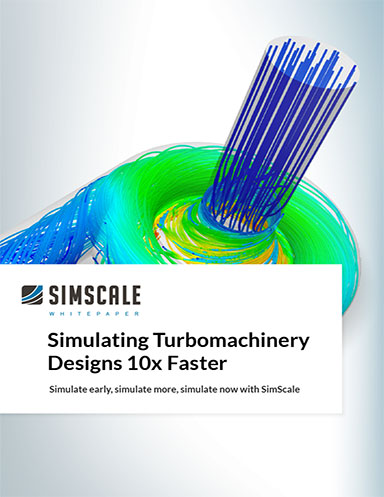Speeding Discovery to Recovery
TGen's Center for Rare Childhood Disorders uses HPC to meet its goal of quickly and effectively translating discoveries in the lab to treatment plans.
Latest in High–performance Computing HPC
High–performance Computing HPC Resources


Latest News
November 9, 2018
Translational Genomics Research Institute (TGen) operates its Center for Rare Childhood Disorders, a Phoenix-based research and treatment center, with the goal of quickly and effectively translating discoveries in the lab to treatment plans. That requires manipulating massive quantities of data — moving it to where it needs to be, managing it securely and processing it intelligently.
According to Dr. Jeffrey Trent, TGen’s president and research director, if you typed 60 words a minute, eight hours a day, it would take 50 years to record one human genome, creating a stack of paper as high as the Statue of Liberty — and a single misspelling could cause a disease. Dr. Trent credits TGen, and Dell EMC for forming an IT infrastructure that now allows scientists and clinicians to receive this critical information faster than ever thought possible.
HPC Advances Research and Treatments
The analytical challenge of working with a data set of that size requires intelligent systems that can incorporate artificial intelligence and machine learning. By automating baseline data interrogation, humans are free to focus on the finer points of what it all means. TGen's partnership with Dell Technologies to handle all these complexities results in better outcomes for researchers and patients alike. HPC
Learn more: Dell EMC Customer Story
More Dell EMC Coverage
Subscribe to our FREE magazine, FREE email newsletters or both!
Latest News




